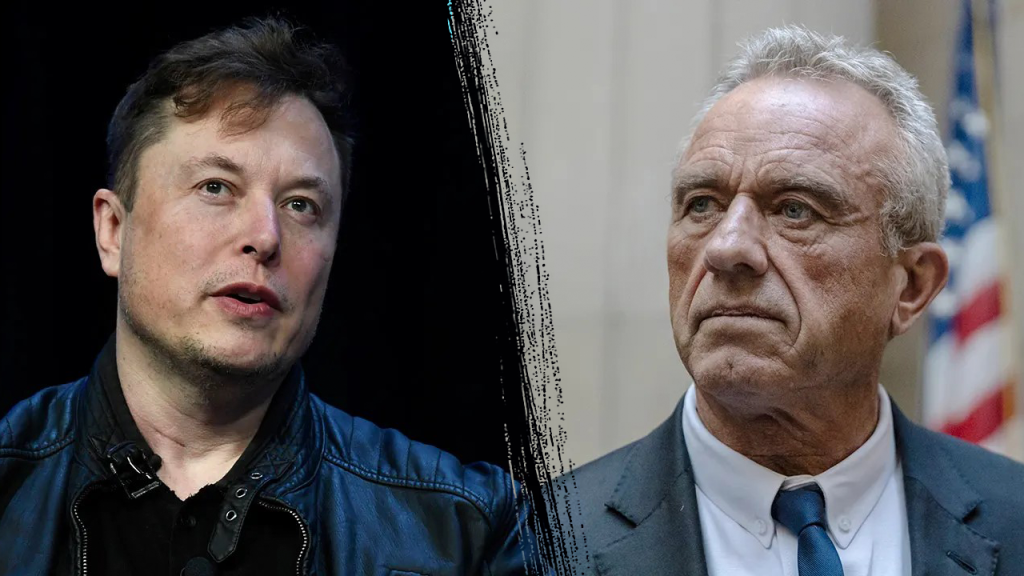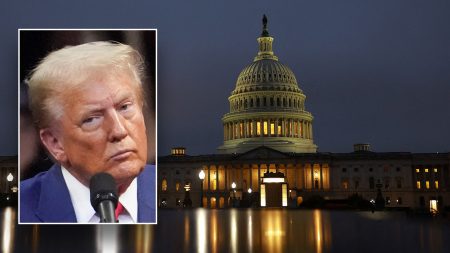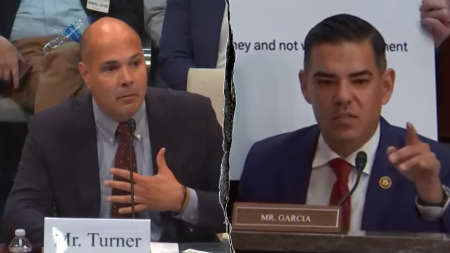Elon Musk’s public endorsement of weight-loss drugs like Ozempic and Mounjaro has sparked a debate, particularly given his role as a top advisor to President-elect Donald Trump. This endorsement clashes with the views of another key Trump appointee, Robert F. Kennedy Jr., who has been tapped to lead the Department of Health and Human Services. Kennedy, a vocal critic of semaglutide-based medications for weight loss, argues that lifestyle changes and improved food quality are the keys to addressing obesity, not pharmaceutical interventions. This disagreement highlights a potential conflict within the incoming Trump administration regarding public health policy and the role of medication in combating the obesity epidemic.
Musk, who will head the proposed Department of Government Efficiency (DOGE) alongside Vivek Ramaswamy, publicly announced his use of Mounjaro, a brand-name semaglutide medication similar to Ozempic, through a Christmas-themed post on X (formerly Twitter). He playfully compared himself to “Cocaine Bear” but as “Santa and Ozempic,” showcasing a noticeably slimmer physique. Musk’s endorsement contrasts sharply with Kennedy’s stance. Kennedy has previously expressed concerns about the widespread promotion of semaglutide drugs, suggesting they are being pushed on an American public too “stupid and addicted to drugs” to make necessary lifestyle changes. He has also pointed to Denmark, where these drugs are manufactured but not recommended for weight loss or diabetes, favoring dietary and behavioral modifications instead.
The conflicting viewpoints of these two prominent figures within the Trump administration underscore a broader debate about the role of pharmaceuticals in weight management. While Musk champions increased access to Ozempic and similar medications as crucial for public health improvement, Kennedy advocates for a more holistic approach, prioritizing lifestyle changes and improved access to nutritious food. This divergence in opinion could lead to policy clashes within the administration, particularly concerning the future of Medicare and Medicaid coverage for these drugs. The previous Biden administration had proposed expanding coverage for semaglutides, a move that could be challenged under a Trump administration influenced by Kennedy’s perspective.
Adding another layer to this complex issue is Dr. Mehmet Oz, Trump’s pick to lead the Centers for Medicare and Medicaid Services. Oz, a proponent of weight-loss medications like Ozempic, holds a position that potentially aligns more with Musk than Kennedy. Oz emphasizes the positive impact of these drugs on weight loss and cardiovascular health, suggesting potential long-term benefits in addressing obesity-related inflammation. This creates a potential three-way dynamic within the incoming administration, with Musk and Oz favoring increased access to weight-loss drugs, while Kennedy advocates for alternative approaches. This difference in perspective could lead to significant policy debates and disagreements regarding the allocation of resources and the direction of public health initiatives.
Kennedy’s recent, seemingly softened stance on weight-loss medications suggests a possible shift in perspective, or perhaps a strategic move to gain support for his nomination. While still emphasizing lifestyle changes as the primary approach to combating obesity, he acknowledged a “place” for anti-obesity drugs like Ozempic in the American medical landscape. This nuanced position could be an attempt to bridge the gap between his earlier criticisms and the views of other key figures within the Trump administration, including Musk and Oz. It remains to be seen how this evolving perspective will influence Kennedy’s approach to public health policy should he be confirmed as the head of HHS.
The contrasting views within the Trump administration regarding weight-loss drugs reflect a larger societal debate. On one side are proponents like Musk and Oz, who see these medications as valuable tools for improving public health by enabling rapid weight loss and potentially mitigating associated health risks. On the other side, figures like Kennedy raise concerns about the over-reliance on pharmaceuticals, the potential for side effects, and the importance of addressing the root causes of obesity through lifestyle changes and access to healthier food options. This debate will likely continue to play out as the Trump administration formulates its health policies, potentially impacting the accessibility and affordability of weight-loss drugs for millions of Americans. This situation underscores the complex interplay of scientific evidence, personal opinions, and political considerations in shaping public health policy.










